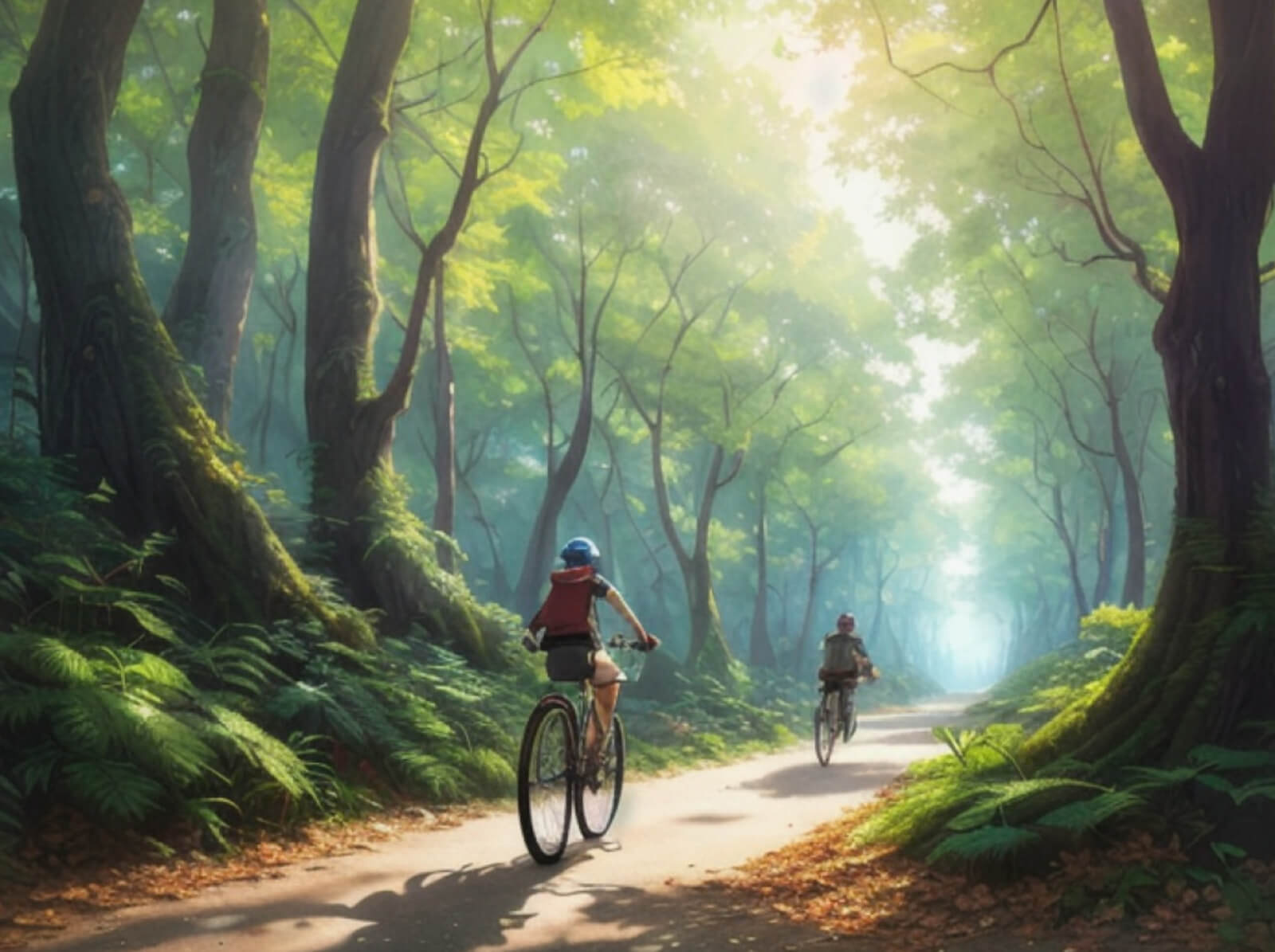With summer in full swing and the PNW in the midst of a Heatwave, the question is, “Are you HOT or NOT?”! As we look in the mirror to admire our physical appearance, we should also be looking at our physiological health.
New studies investigate the warming of our planet and the adverse effects on human health. As climate change progresses, the average temperature for both land and the ocean surfaces are heating up. It is increasingly urgent to look at and to understand the ramifications for human wellbeing.
Results of Rising Temperatures
Heat stress is the leading cause of weather-related deaths. For example, heat stroke is a medical emergency with a high fatality rate. There are higher risks of strokes on warm nights. Cardiovascular disease, diabetes, mental health and asthma related complications may arise because of higher temperatures. Besides all that, heat exhaustion puts strain on our kidneys and heart as we try to cool ourselves down. Heatwaves often affect the air quality inducing hazardous air pollution as well as fires, stressing the respiratory system. Heat can also compromise health services and transport when there are power outages.
As we look toward the hot summer days and warmer nights we need to take some precautions. We have the knowledge to combat the risks during the summer months and for the future:
- Stay hydrated, especially before going to bed.
- Use a fan to cool body temperatures.
- Keep windows open for air circulation.
- Stay out of the sun during peak heat.
- Cold baths, Cold wash cloths and my favorite, cold plunge!!
Blue Zones and Green Zones
Climate driven food and water complications cause stress on our society. Lifestyle changes are necessary for us to survive the warming climate. To combat the rising temperatures, look for—or create—Blue and Green Zones. Not only will you live a healthier, longer life, but you will also be supporting climate cooling.
Blue Zones are places where longevity is a natural outcome to living more in tune with nature. The guidelines are simple:
- Diet – Fruits and veggies, keeping meat at a minimum
- Exercise – Activities such as walking, water sports, team games like horseshoes, backgammon, pickle ball and volleyball
- Community – Be involved, surround yourself with people who inspire you
Green Zones are places within urban developments that support a healthier life. When inhabiting a Green Zone, you will appreciate:
- Green spaces – open spaces, ball parks, walkways, sports courts
- Trails – Bike paths, designated running and hiking trails
- Farmers’ Markets – promoting local, sustainable agriculture
We should all be Hot to Trot towards conscious climate awareness for our health and longevity. The next time we look in the mirror we can say “Yeah, I’m cool”!!
Dixie Johnson is ORM’s Regenerative Medical Assistant and Aesthetician. She has travelled extensively to educate herself and others on the newest, coolest, and up-to-date biocellular therapies. For over 26 years, Dixie’s focus has been on creating positive, life changing experiences for all.
Sources
- Heat and Health, World Health Organization, May 28, 2024 https://www.who.int/news-room/fact-sheets/detail/climate-change-heat-and-health
- Climate Change, United Nations https://www.un.org/en/global-issues/climate-change
- Prof Kristie L Ebi, PhD, Prof Anthony Capon, PhD, Peter Berry, PhD, Carolyn Broderick, PhD, Prof Richard de Dear, PhD, Prof George Havenith, PhD,et al. Hot weather and heat extremes: health risks, The Lancet, August 21, 2021; DOI:https://doi.org/10.1016/S0140-6736(21)01208-3
- Climate Change Impacts, Exposure And Vulnerability, The Lancet, 2021 https://www.lancetcountdown.org/data-platform/health-hazards-exposures-and-impacts Buettner D, Skemp S. Blue Zones: Lessons From the World’s Longest Lived. American Journal of Lifestyle Medicine. 2016;10(5):318-321. doi:10.1177/1559827616637066 https://journals.sagepub.com/doi/10.1177/1559827616637066, https://www.ncbi.nlm.nih.gov/pmc/articles/PMC6125071/



